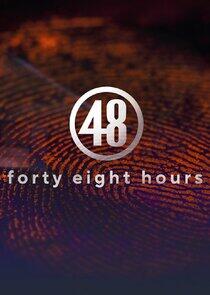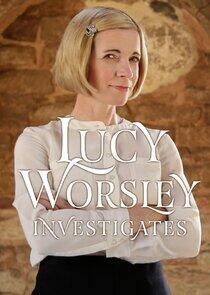Tunes for Tyrants: Music and Power with Suzy Klein - Season 1

Season 1

Episodes

Revolution
In the first episode of a series exploring the politics of music, Suzy Klein takes us back to the volatile years following the Russian Revolution and World War I, when music was seen as a tool to change society. Suzy explores the gender-bending cabarets of 1920s Berlin and smashes a piano in the spirit of the Bolshevik revolution. She also reveals why one orchestra decided to work without a conductor, uncovers the dark politics behind Mack the Knife and probes the satirical songs which tried to puncture the rise of the Nazis. Suzy's musical stories are brought to life with the help of the BBC National Orchestra of Wales and its Chorus, as well as solo performers. This was a golden age for music, and its jazz, popular songs, experimental symphonies and classics like Rachmaninoff all provoke debate - what kind of culture do we want? Is music for the elite or for the people? Was this a new age of liberal freedom to be relished - or were we hurtling towards the apocalypse?

Dictatorship
In the second episode of this fascinating series exploring the politics of music, Suzy Klein reaches the 1930s, when the totalitarian dictators sought to use and abuse music for ideological ends.
This time the lives of the composers are in the spotlight - and we're in the company of the greats: Richard Strauss, Dmitri Shostakovich and Sergei Prokofiev, who produced some of the 20th Century's best-loved music whilst navigating the precarious tightrope of working for perhaps the most terrifying music-lovers ever: Hitler and Stalin.

World War
Suzy Klein explores the use, abuse and manipulation of music in the Second World War - from swinging jazz to film soundtracks and from ballads to ballets. The war, she demonstrates, wasn't just a military fight but an ideological battle where both sides used music as a weapon to secure their vision for civilisation. Suzy reveals how the forces' sweetheart Vera Lynn was taken off air by the BBC for fear her sentimental songs undermined the British war effort. She reveals the war work of two British composers. Walton's Spitfire Prelude became the archetype for a particularly British form of patriotic music. By contrast, Tippett was sent to prison for being a conscientious objector, but his anti-war oratorio A Child of Our Time was showcased at the Royal Albert Hall. Suzy examines Olivier Messiaen's haunting Quartet for the End of Time, written in a POW camp. At Auschwitz, Suzy reveals how music was co-opted to serve the Nazis' evil purposes.
Recently Updated Shows

48 Hours
48 Hours is a CBS news magazine that investigates intriguing crime and justice cases that touch on all aspects of the human experience. Over its long run, the show has helped exonerate wrongly convicted people, driven the reopening -- and resolution -- of cold cases, and changed numerous lives. CBS News correspondents offer an in-depth look into each story, with the emphasis on solving the mystery at its heart. The program and its team have earned critical acclaim, including 20 Emmys and three Peabody Awards.

Lucy Worsley Investigates
Lucy Worsley investigates the mysteries of some of the most infamous and brutal chapters in British history, finding new witnesses and compelling evidence. What will she uncover?


